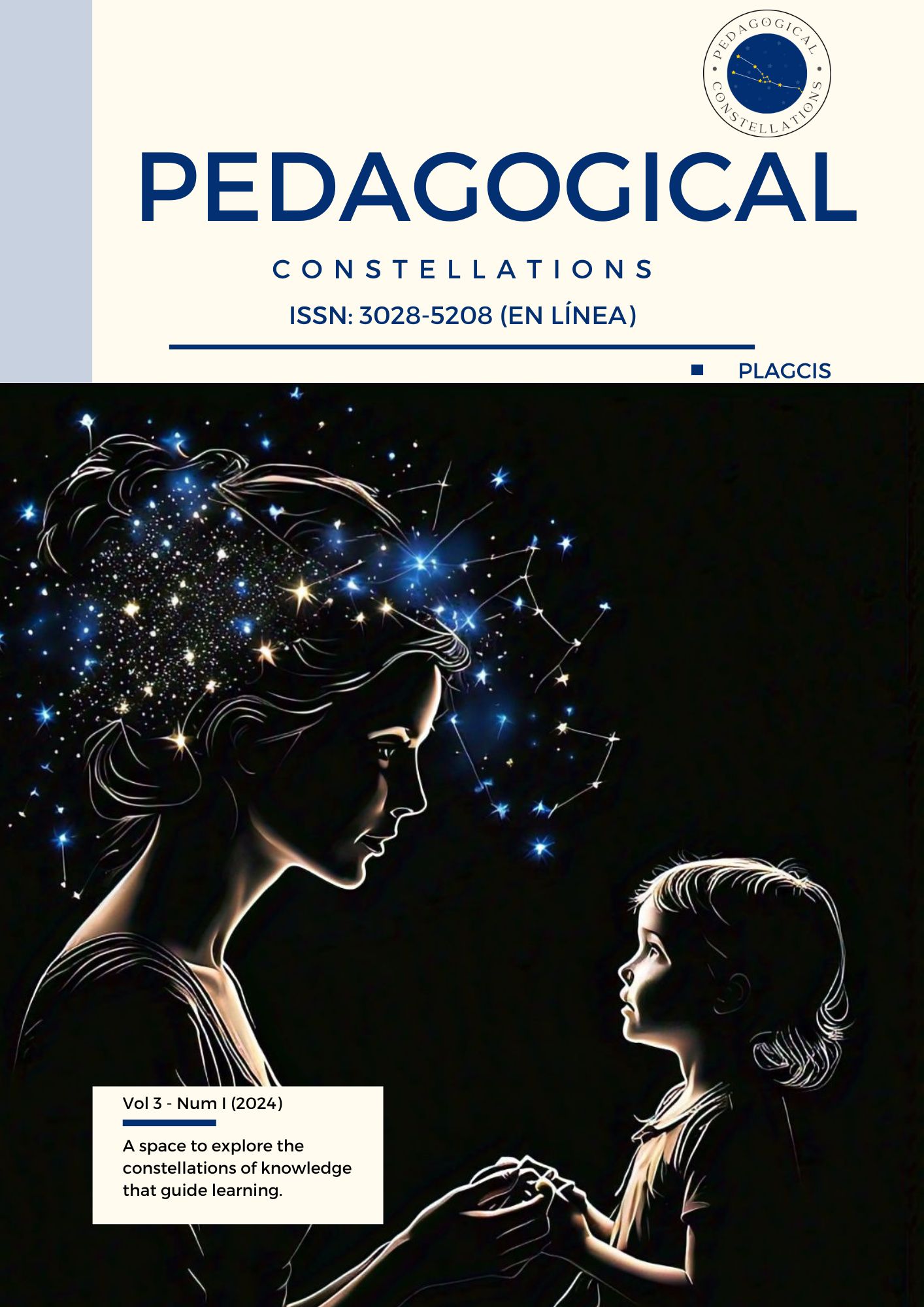The biological foundations of physical activity in the comprehensive education of physical culture students
DOI:
https://doi.org/10.69821/constellations.v3i1.25Abstract
The study addresses the results of the validation of the Biological Foundations of Physical Activity Discipline in connection with the Professional Model. Assessing the program of the Biological Fundamentals of Physical Activity Discipline that is taught in Study Plan E of the Bachelor's degree in Physical Culture, based on its value for the integral formation of the student, constitutes the purpose of this work. The potential of the discipline in the integral formation of the Physical Culture professional, particularly in the formation and development of feelings and convictions from the learning of its contents, necessary for a responsible exercise of the profession, are aspects on which the attention Action research was used, based on the qualitative approach. Theoretical and empirical methods were applied, which allowed us to verify that there are inconsistencies in the program that limit the use of curricular strategies, especially that of the environment, integrated into the contents of the subjects. The use of potential by the disciplinary group, to enhance the role of the student in their training process and guarantee self-preparation time in order to increase the preparation in solving professional problems with a comprehensive approach, led to proposals for measures for the elaboration of the continuous quality improvement plan, as well as promotion of the active participation of the students from the perspective of an integral education for their professional performance.
Downloads
References
Andrey, J., Martínez, A., Urrea, P., García, M., García, Z., Fonseca, I…& Betancourt, M. (2019). Fundamentos, evolución e impacto de la educación física en la sociedad colombiana. Colombia: Editorial EIDEC.
Cepeda, J.M. (2004). Metodología de la enseñanza basada en competencias. Revista Iberoamericana de Educación, 35(1), 1-10, https://doi.org/10.35362/rie3512940 DOI: https://doi.org/10.35362/rie3512940
Hernández, I. (2019). Evaluación de Percepciones Sobre la Interdisciplinariedad: Validación de Instrumento para Estudiantes de Educación Superior. Revista Formación Universitaria, 12(3), 27-38, http://dx.doi.org/10.4067/S0718-50062019000300027 DOI: https://doi.org/10.4067/S0718-50062019000300027
Horruitiner, P. (2009). La universidad cubana: El modelo de formación. Cuba: Editorial Universitaria.
MES (2022). Reglamento de trabajo docente y metodológico de la Educación Superior. Resolución No. 47/2022. Gaceta Oficial de la República de Cuba. 26-74. http://www.gacetaoficial
Negrín, R. (2019). La transcomplejidad en la relación Tarea Vida, Medio Ambiente y Cultura Física. Revista Universidad&Ciencia, 8(2019), 709-720
Riveros, B.A. (2020). Validación de un instrumento sobre el rol académico y laboral de profesionales del área de la gestión tecnológica. Experiencia a partir de una tesis de grado. Revista Gestión I+D, 5(3), 69-97,. http://saber.ucv.ve/ojs/index.php/rev¬¬¬_GID/article/view/20227
Urgellés, M. (2017). El modo de actuar del Licenciado en Educación Química y su relación con las competencias profesionales. Revista Santiago, 143(2017), 402-416, https://santiago.uo.edu.cu/index.php/stgo/article/view/2525
Downloads
Published
Issue
Section
License
Copyright (c) 2024 Odelaisy Acosta García, Lourdes Mariana Crespo Zafra, Meilyn Yazmin Ferrufino Sanchez (Autor/a)

This work is licensed under a Creative Commons Attribution 4.0 International License.
Authors who publish with this journal agree to the following terms:
- Authors retain copyright and grant the journal right of first publication with the work simultaneously licensed under a Creative Commons Attribution License 4.0 that allows others to share the work with an acknowledgement of the work's authorship and initial publication in this journal.
- Authors are able to enter into separate, additional contractual arrangements for the non-exclusive distribution of the journal's published version of the work (e.g., post it to an institutional repository or publish it in a book), with an acknowledgement of its initial publication in this journal.
- Authors are permitted and encouraged to post their work online (e.g., in institutional repositories or on their website) prior to and during the submission process, as it can lead to productive exchanges, as well as earlier and greater citation of published work.




